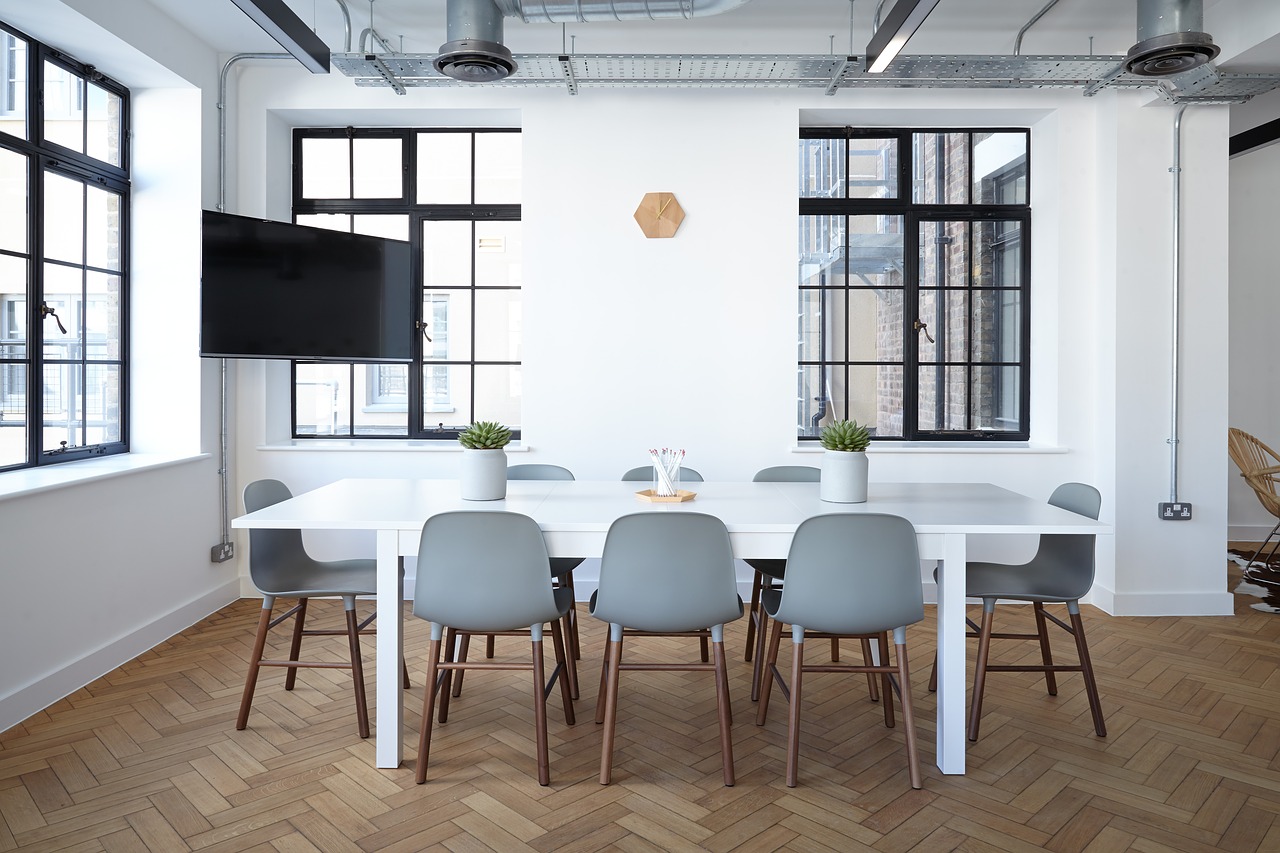Open office plans are today’s norm for most workplaces. Cubicles are long gone as companies have strived to modernize their work-spaces, increase collaboration and create a company culture that is inclusive. Although there are many cons and pros of open office workplaces, office etiquette should be kept in mind when entering any work-space, especially one that has a higher opportunity for disruption. Creating a courteous work-space requires conscious and thoughtful actions by all employees.
Your primary objective in the office is to work. Sure, you can have fun while you are working, but your cubicle is part of the office, and others around you still need to get their work done. Respect for your co-workers and enhancing the harmony of the workplace will go a long way to making sure you succeed in your career.

Enjoying a break at work.
Here are some tips on how to maintain workplace courtesy:
- Be respectful. Ask first if your co-worker has time before you start talking. Someone may not “look busy,” but sometimes they could just be thinking. Your interruption could set them back in their work.
- Don’t “take” or “borrow” things from a co-worker’s desk just because the area is open (unless they have already told you it is OK). Staff who have desks in a common area often run into the problem of people taking their staplers, tape dispensers, scissors or rifling through their desks in search of paper and pens, etc.
- Avoid trying to talk to someone who is on the phone or sending an e-mail. By waving your hands, using sign language, or talking louder, you are interrupting them.
- If someone is out, don’t hang out at their cubicle reading what’s on their desk (e.g., notes, faxes, letters).
- Don’t yell across the room. Walk over to someone to have a conversation.
- Don’t peer over the top of your desk to see what the next person is doing. Respect their privacy.
- Avoid speakerphone and don’t discuss personal or confidential issues at your desk, even on the phone. Remember, your conversations travel.
- Make sure your cell phone is set on “silent,” or at least set to a low volume ring tone that won’t disturb others.
- Watch out for strong smells. Don’t leave “old food” in your space or bring in food with really strong odors. Avoid wearing strong perfume or cologne, which impacts the breathing of those near them, especially those with allergies.
- Eat in the lunchroom. Eating at the desk is one area that seems to highly upset co-workers — all the sounds people make when chewing ice or gum or eating seeds, carrots, nuts and other loud and crunchy foods.
- Your desk is a place of work. Don’t use it as a dressing room or a place to put on makeup, floss your teeth, cut your nails, etc.
- Avoid loud music. Use headphones and make sure you are not singing or humming out loud.
- Keep your work-space clean, neat and organized — it sends a message about your professional brand. You can personalize it, but be careful not to decorate with so much stuff that it appears cluttered.
- Watch out for offensive pictures, posters, slogans, etc. Check out your company’s code and use common sense so that your work-space is not a place that might be found offensive.
- When in doubt about what to have in your work-space, think about whether you would be comfortable having the president of the company seeing it.
Maintaining a courteous work-space can go a long way in having a healthy and productive workplace. If your work-space has distractions or other elements that are affeceting your productivity or anything else, your employee assistance program is a good resource to contact for additional support and resources.
Source: Joyce E.A. Russell, director of the Executive Coaching and Leadership Development Program at the University of Maryland’s Robert H. Smith School of Business.


